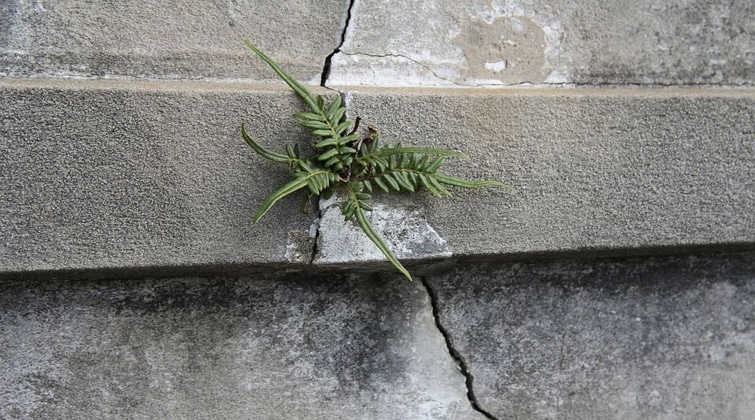Stucco Water Damage: Causes and Solutions
A house clad entirely in stucco is a thing of beauty. There’s no doubt about that.
Many homeowners prefer cloaking their houses with this type of exterior because of its benefits. For one, stucco’s top-notch quality makes it last for a long time.
It is also excellent in hiding flaws, is fungi-resistant, and is naturally equipped with thermo-regulating properties – the house will stay cool during summer and warm come winter season.
Apart from that, stucco resists moisture and is water-resistant. The latter is not an absolute, by the way. Stucco can be susceptible to water damage, too.
Bumps on the surface is an early sign of water damage. If not treated early the delamination will cause parts of it to fall off.
The first step in determining what kind of water damage you’re working with. You can ask an expert to perform a moisture test or leak detection test to determine where the water is coming from. The stucco expert will then be able to filter out the root cause before performing a treatment.
Stucco Water Damage Causes
Improper stucco composition
The durability of the stucco will come from a well-balanced mixture of Portland cement, sand, and water.
Each ingredient should conform to the standard specification set by the National Institute of Standards and Technology of the Department of Commerce. Apart from that, the mixture needs to be completely cured before depending on the wall’s integrity.
Improper composition or curing means you might have to deal with water leaking through your walls or cracks forming.
Faulty stucco installation
No matter how great the quality of the stucco is, if it’s not installed right, the outcome will still be mediocre.
A break in the three-coat stucco (scratch coat, brown coat, and the finish coat) application, for instance, will cause a big problem later on. Same is true for installing stucco directly on a wooden lath.
Unsuitable use of flashing
Flashing acts as a protective barrier between the water and the seams of the house. Aluminum is favored because it’s lightweight and inexpensive. But the possibility of corrosion overrides those benefits. Once it decays, water will easily ooze through the holes.
Cracks
Stress cracks in stucco are caused by a lot of factors including earthquakes, direct impact, expansion, or strong winds.
It doesn’t matter whether it’s a hairline crack or a wide pattern crack. Water will seep through any crack it can find in your stucco.
Stucco Water Damage Solutions
Before you even think of fixing your water-damaged stucco, make sure you fix the cause of the water damage. Whether you have a burst pipe, a leaking air conditioner, or whatever else, fixing that should be your first priority. Even if the water damage appears to be a fluke, you don’t want to repair the same stucco twice.
Here is a general approach to repairing water damaged stucco:
Here are some additional steps you can take to prevent water damage to your stucco in the future:
- Applying a drainage plane material to prevent water from entering the wall
- Preventing the migration of vapor by applying a vapor barrier
- Applying a patching compound to the areas of the wall where the loose stucco has fallen away
- Modification of weep screeds to guarantee the proper drainage of water
- Application or improvement of sealants
Stucco repair cost
Stucco water damage restoration cost will vary per case. This will depend on the extent of the damage and the materials that will be used.
Does homeowners insurance cover stucco damage?
The repairs to your water damaged stucco may be covered by your homeowner’s insurance.
Typically, whether or not the damage to your stucco is covered depends on the exact cause. Rain and flood damage aren’t covered in many policies, but the damage caused by interior water sources, such as a leaking washing machine, are. Read this post on the differences between water damage and flood damage, or consult your policy issuer.
The other issue is whether or not the stucco was applied by a licensed contractor. A typical homeowner’s insurance policy doesn’t cover work done by unlicensed contractors, and many synthetic stucco distributors sell directly to applicators who may or may not be licensed. That’s just one more reason it’s always better to call a licensed contractor for any work on your home, no matter how minor.
Disclaimer: This article was originally posted by TSC Restoration. Original article can be read by clicking HERE.
Stucco Contractors Recommendations
If you are experiencing stucco water damage and need stucco repair services place contact licensed & insured local stucco contractors to give you a free written quote for the necessary repairs needed for your project. We look forward to speaking with you today!


